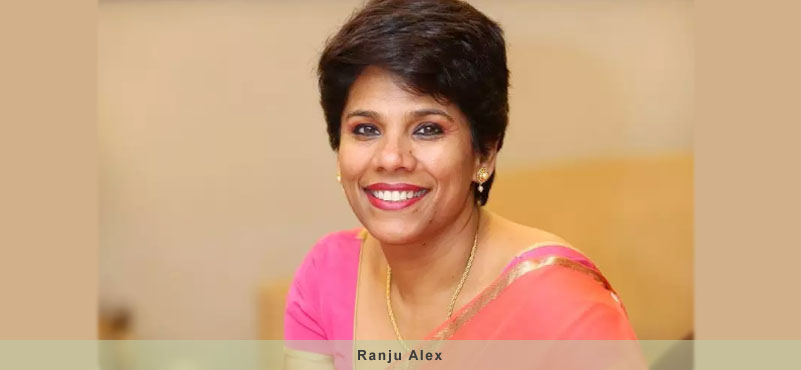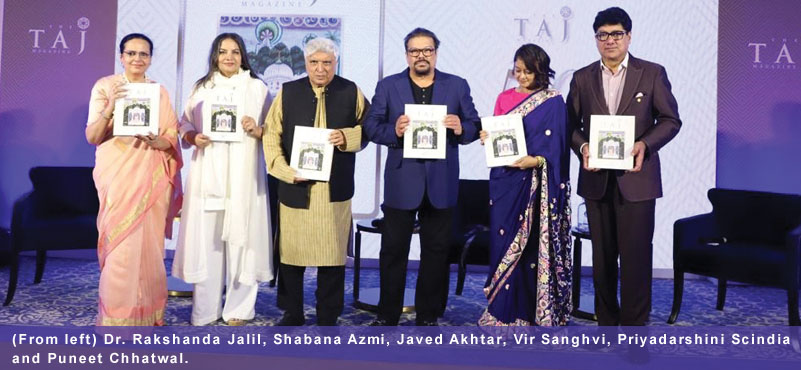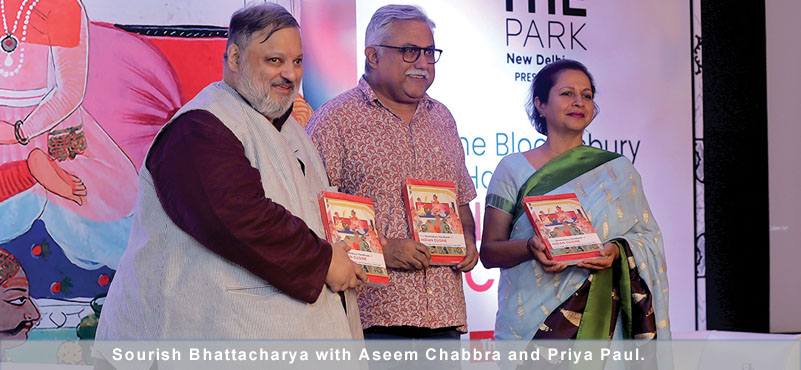In a rare public appearance, Padma Vibhushan PRS Oberoi, Chairman, EIH spoke with Kapil Chopra at PACE 2018. He expressed concern on a lowly leisure inbound and advocated for a more lenient coastal regulation policy to help the nation realise its untapped potential in coastal tourism. He was also bestowed with the “Legend of the industry” award at the recently organised event at Hotel Taj Mahal, New Delhi. Excerpts from an engaging interaction:
India’s lowly leisure inbound numbers continued to be a major cause of concern for the domestic tourism industry, hotel baron PRS Oberoi, Chairman, East India Hotels said. He noted that despite the consistent rise in tourist footfall, as indicated by the numbers put forth by the Ministry of Tourism, the overall count of absolute leisure inbound remained abysmal at around 2.5 million tourists. “A country like Sri Lanka gets about 1.5 million leisure inbound,” he said, drawing a comparison between the two to put things into perspective. He was in conversation with the former President of Oberoi Kapil Chopra. He was also conferred with the “Legend of Industry Award” at the recently held event at Hotel Taj Mahal, Delhi.
India’s well-heeled coastline had not been utilised and developed, which was a “lost opportunity” for the tourism industry, he suggested. He called the country’s inability to develop its beaches “a matter of shame”. Reflecting on the impact of the coastal regulation zone (CRZ policy), he noted that the stipulated guideline of 200 meters was a setback for the industry, implying that the policy was hampering businesses.
The veteran hotelier batted for better policies and regulations with regard to the hospitality industry, most notably a longer loan repayment period and better interest rates. He also mentioned that the government needed to consider according the infrastructure status to the hotel industry as it would considerably ease the existing pain points. He insisted that hospitality was a “self-sustaining” industry and only needed some support from policymakers.
He lauded the contribution made by PUSA institute in inculcating an extensive list of accomplished industry professionals. He shared that he had encountered professionals working in varying capacities – F&B manager, general manager, sales, and marketing professionals – during his international visits who had been trained at the “great institution”. He also commended the then GOI for having the foresight to establish a hospitality school, way back in the 1960s.
Speaking on his work ethic, he asked the younger generation to “only do what they were passionate about.” He said that he was always passionate about building hotels and thought about the same “even when half-asleep.”




































